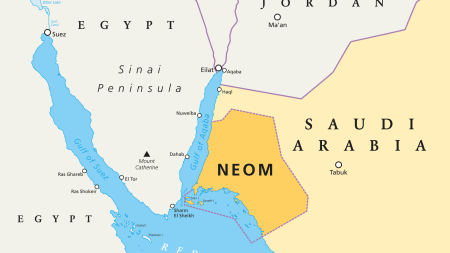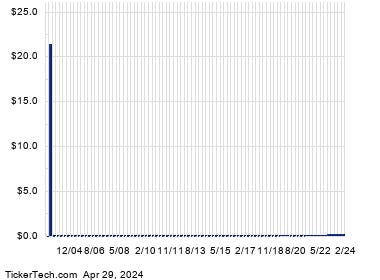Visa and Mastercard recently settled a 19-year court battle with retailers, but the settlement did not give merchants the ability to choose which bank cards they accept. Despite this, the card networks agreed to lower interchange fees by at least 0.07 percentage points over the next five years, saving merchants $30 billion. This could give larger merchants more leverage in negotiations with banks and potentially lead to shopping discounts and rewards for loyal customers.
Interchange fees in the U.S. are high due to credit card rewards offered by banks, with fees ranging from 1.18% to 3.15% depending on the card used. The settlement allows merchants to offer discounts or rewards to customers using specific bank cards that cost them less, giving retailers the opportunity to negotiate lower interchange rates with banks. However, the settlement does not address key priorities for merchants, such as the ability to reject certain cards or forcing Visa and Mastercard to compete for all transactions.
Ecommerce merchants see potential for change with the settlement as it may allow them to develop and fund their own loyalty programs to promote cheaper payment methods. The shift towards merchants controlling loyalty programs could lead to initiatives incentivizing consumers to use alternative payment methods, such as pay-by-bank, which enables consumers to pay directly from their bank accounts. This approach allows merchants to build direct relationships with customers and offer rewards based on the payment method used.
Some service providers are already offering discounts for consumers using pay-by-bank for recurring payments. For example, AT&T and Verizon provide discounts on monthly bills for customers who use pay-by-bank instead of credit cards. Despite the convenience and rewards of credit cards, pay-by-bank options have been introduced by companies like Airbnb and financial institutions like JP Morgan and Plaid. These initiatives aim to promote the use of pay-by-bank for everyday transactions and build stronger relationships between merchants and consumers.
The settlement could lead to more innovation in the payment industry, with merchants having greater control over loyalty programs and payment methods. By offering discounts and rewards for specific payment methods, retailers can steer consumers towards cheaper options and develop more direct relationships with customers. The potential for merchants to take advantage of pay-by-bank options may pave the way for a shift in consumer behavior towards more cost-effective payment methods. This could ultimately benefit both merchants and consumers in the long run.















